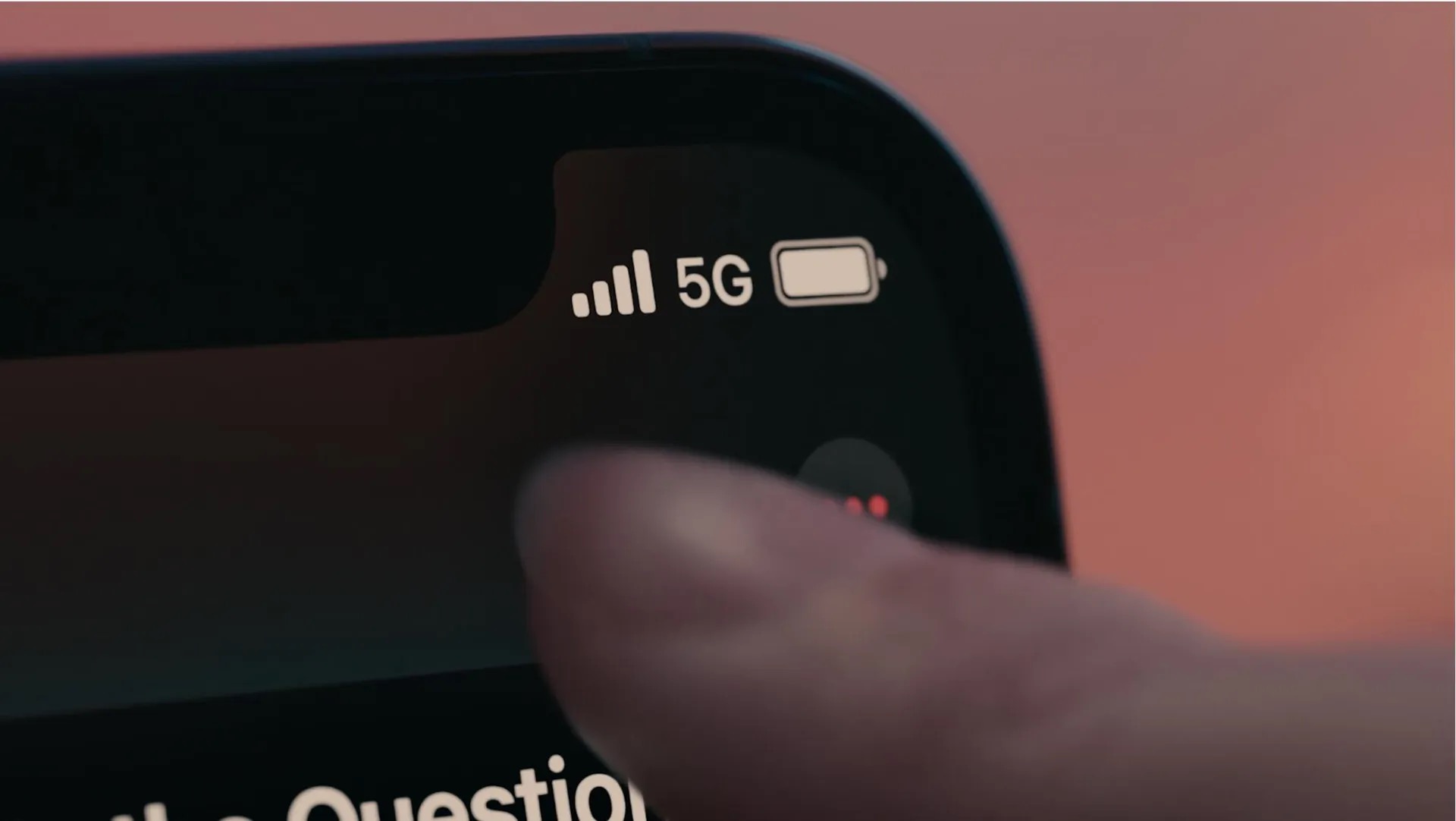Apple to leapfrog 5G for 6G in race to make its own iPhone modem and ditch Qualcomm for good
5G is proving problematic, maybe 6G will be an easier ride.

iMore offers spot-on advice and guidance from our team of experts, with decades of Apple device experience to lean on. Learn more with iMore!
You are now subscribed
Your newsletter sign-up was successful
Apple has been working to bring its own 5G modem to the iPhone for years, and its struggles to do exactly that are among one of Silicon Valley's worst-kept secrets at this point. But a new report suggests that Apple intends to look beyond 5G sooner rather than later, leaning into future 6G connectivity long before it's ever likely to put the advanced networking feature into a future iPhone.
Apple has been working to design its own 5G modem hardware ever since it bought Intel's modem business back in 2019. It paid a cool billion dollars to bring Intel's know-how under its wring, but to date, it's struggled to turn any of that promise into a real piece of silicon. Reports have suggested that Apple has found designing a modem much more difficult than coming up with its own system-on-chip (SoC) designs for the iPhone, iPad, and Mac, not to mention the Apple TV and the Apple Watch. But signs are already clear that Apple is keen to push ahead, even going so far as to jump beyond 5G even before it's been able to wrangle that technology completely.
With Apple reportedly hiring 6G engineers, eyes are already on what comes next within Apple's walls. But beyond those walls, it's looking increasingly likely that it will have to turn to an old frienemy long before 6G is ready for primetime. Qualcomm could be inside iPhones for years to come.
Forget 5G, 6G's where it's at
Following Apple's 5G woes Bloomberg's Mark Gurman reports that the company is keen to get ahead of the game in terms of 6G development. Writing in the weekly Power On newsletter, Gurman says that Apple is hiring engineers to look into 6G.
Apple was first reported to have opened the door to 6G engineers back in 2021, but a job summary posted at the time was typically coy about what those engineers would be doing. Now, a new job listing has made it incredibly clear what the aim is — to start designing 6G modems for use on future networks.
"As a Cellular Platform Architect, you will drive and coordinate the design and modeling of a 6G reference architecture," the job description explains. "A suitable set of prototype implementations and reference architecture models needs to be developed that allow the evaluation of technology candidates and use cases."
That doesn't leave much to the imagination, and it's obvious that Apple wants to make sure that it doesn't have to rely on a third-party company for modems when 6G arrives. However, with that unlikely to happen until at least 2030, 5G still has some life left in it. And considering Apple's problems to date, it might have to extend the contract with its current supplier.
iMore offers spot-on advice and guidance from our team of experts, with decades of Apple device experience to lean on. Learn more with iMore!
Qualcomm to the rescue
Qualcomm is the company that provides the 5G modems currently used by Apple. Its 5G chip powers the iPhone 15 series, among other things, and it's the go-to modem for much of the Android world, too. It's also a company that is well aware that Apple intends to ditch it as soon as possible.
But Qualcomm is also well aware that Apple needs its chips, and the semi-public failure of its in-house 5G project hasn't helped matters.
Just a few months ago Apple extended its Qualcomm deal to bring the modem-maker's wares to iPhones through 2026. But with the ongoing 5G problems, it's entirely possible that the deal will need to be extended once again. How much that will cost is anyone's guess, but for once Apple might not be in the strong bargaining position that it normally finds itself in
6G, it seems, could be worth a lot of money if Apple can get it right. Money that would otherwise find its way into Qualcomm's coffers.
More from iMore

Oliver Haslam has written about Apple and the wider technology business for more than a decade with bylines on How-To Geek, PC Mag, iDownloadBlog, and many more. He has also been published in print for Macworld, including cover stories. At iMore, Oliver is involved in daily news coverage and, not being short of opinions, has been known to 'explain' those thoughts in more detail, too.
Having grown up using PCs and spending far too much money on graphics card and flashy RAM, Oliver switched to the Mac with a G5 iMac and hasn't looked back. Since then he's seen the growth of the smartphone world, backed by iPhone, and new product categories come and go. Current expertise includes iOS, macOS, streaming services, and pretty much anything that has a battery or plugs into a wall. Oliver also covers mobile gaming for iMore, with Apple Arcade a particular focus. He's been gaming since the Atari 2600 days and still struggles to comprehend the fact he can play console quality titles on his pocket computer.
